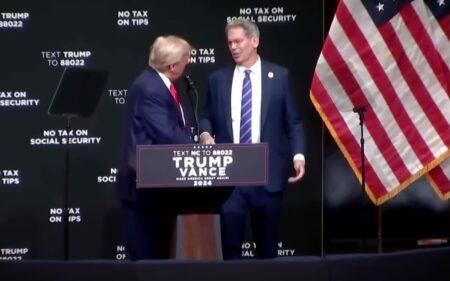Bithumb, along with fellow exchange UPbit, was earlier this year hit with an investigation that saw various government agencies probe its operations, focusing on transaction histories to evaluate tax compliance. Recent reports suggest it was found not guilty of tax evasion.
According to local news outlet Yonhap, the National Tax Service (NTS), the Financial Services Commission (FSC) and the Korea Financial Intelligence Unit (KFIU), all started probing Bithumb, one of the country’s largest cryptocurrency exchanges, after investors raised concerns.
Earlier this year, the government raided the headquarters of UPbit in Seoul for allegedly deceiving investors, and almost immediately after turned to Bithumb over potential malpractice and suspicious business activities.
Specifically, the cryptocurrency exchange saw its profits rise by a factor of 171 last year, a figure that was released to the public because of its parent company BTCKorea, which is publicly owned. Interestingly, the surge could partly be attributed to the cryptocurrency space’s rise last year, which saw most cryptocurrencies hit new all-time highs.
The regulators’ investigation, which lasted for about three months, found that Bithumb’s revenues came from transaction and trading fees. An NTS representative stated:
“NTS initiated several investigations into Bithumb between 2014 and 2017, and over the past four years, Bithumb has continuously paid all of the taxes imposed to the company without any conflict with the NTS.”
Notably Bithumb wasn’t completely cleared, as according to the local news outlet the cryptocurrency exchange is now facing a massive bill of around 30 billion won ($28 million) for back taxes. The representative added:
“While a $28 million tax was imposed onto Bithumb, no evidence [of] tax evasion and illicit activities was shown and the NTS closed the investigation into Bithumb officially, clearing the company.”
In cooperation with South Korean authorities, Bithumb banned accounts from 11 countries as part of its anti-money laundering (AML) efforts. These countries were selected by the Financial Action Task Force for failure to comply with AML guidelines.
South Korean regulators have been keeping a close eye on the crypto space, as earlier this year they outlawed anonymous trading. Coinone, another local cryptocurrency exchange, is set to face charges for running an “illegal gambling operation” because it offers users margin








